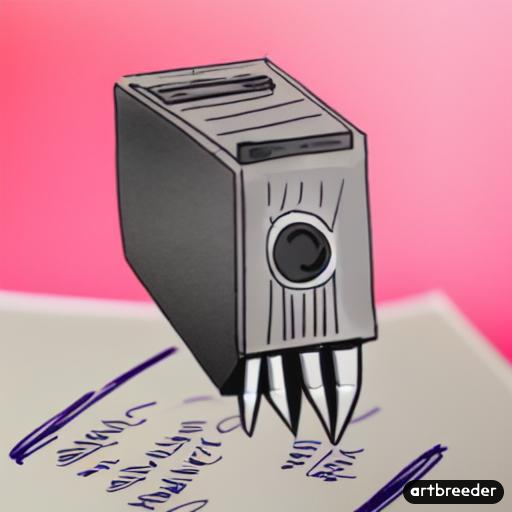Yep, here's another lazy blogpost generated by the ChatGPT artificial intelligence tool. So many organizations and businesses are using AI to write create content now that I was curious how the system would assess its own potential.
So I asked it: "Write an essay with 7 reasons why artificial intelligence will never write prose as well as a human being."
As you will see, its answers are lifeless and repetitive. If I had asked for 15 reasons, I suspect it would not have covered any new ground.
Still, if the rise of AI results in a new respect for human creativity, imagination, insight and humour, I think it's a worthwhile exercise.
Artificial Intelligence (AI) has made remarkable advancements in recent years, but it still falls short when it comes to writing prose that matches the quality and creativity of a human being. Here are seven reasons why AI will never write prose as well as a human being
1. Lack of Emotions: Prose writing is an emotional and creative process, and AI lacks the ability to understand and convey emotions in writing. A human writer has the ability to tap into their own emotions and experiences and use them to add depth and meaning to their writing.
2. Inability to think abstractly: Human beings have the ability to think abstractly, to consider philosophical and ethical questions, and to imagine new worlds and characters. AI, on the other hand, lacks the ability to think beyond what it has been programmed to do and can only produce writing that is limited by its data set.
3. No Cultural Understanding: Human beings bring their own cultural experiences and perspectives to their writing, which adds depth and meaning to their prose. AI, on the other hand, does not have the ability to understand culture, and its writing is limited to the data it has been trained on.
4. No Originality: AI can generate writing that is based on patterns and data it has been trained on, but it lacks the ability to create something truly original. Human beings, on the other hand, have the ability to be creative and imaginative, producing writing that is unique and original.
5. Lack of Ambiguity: Prose writing often contains elements of ambiguity, and human writers are able to use this to add depth and complexity to their writing. AI, on the other hand, is limited by its programming and can only produce writing that is straightforward and lacks the subtleties of human writing.
6. Inability to Evoke Empathy: A key aspect of prose writing is the ability to evoke empathy in the reader. Human writers are able to do this by tapping into their own emotions and experiences and using them to create characters and situations that the reader can relate to. AI lacks the ability to understand and convey empathy in its writing.
7. No Personal Connection: Human writers often bring a personal connection to their writing, whether it be their own experiences, beliefs, or values. This personal connection makes their writing unique and adds depth and meaning to their prose. AI, on the other hand, does not have the ability to form a personal connection to its writing, and its prose will always be limited by its programming and data set.
In conclusion, while AI has made remarkable advancements in recent years, it will never be able to write prose as well as a human being. The emotional, creative, and cultural elements that make human writing unique are simply beyond the reach of AI.


No comments:
Post a Comment